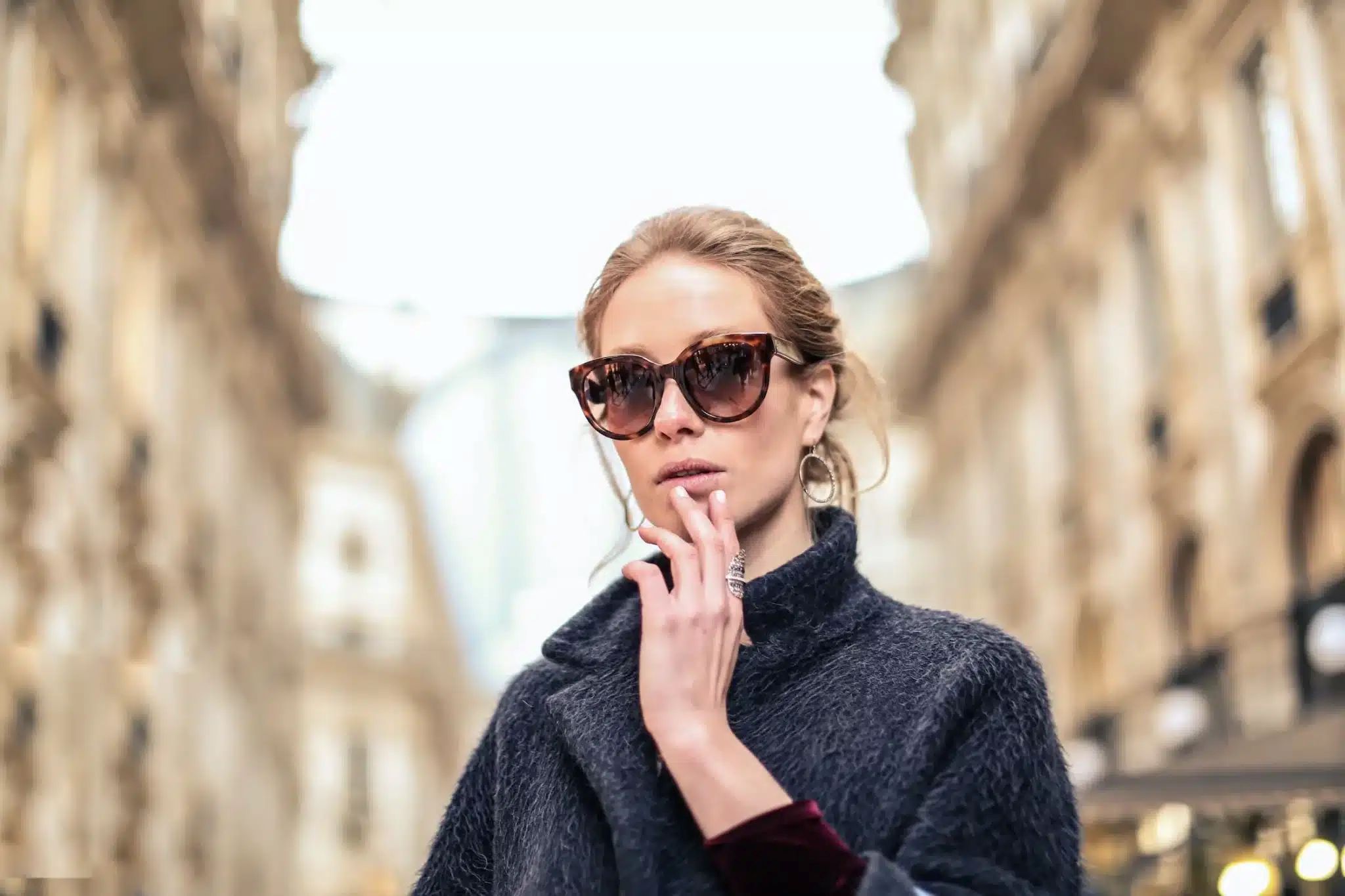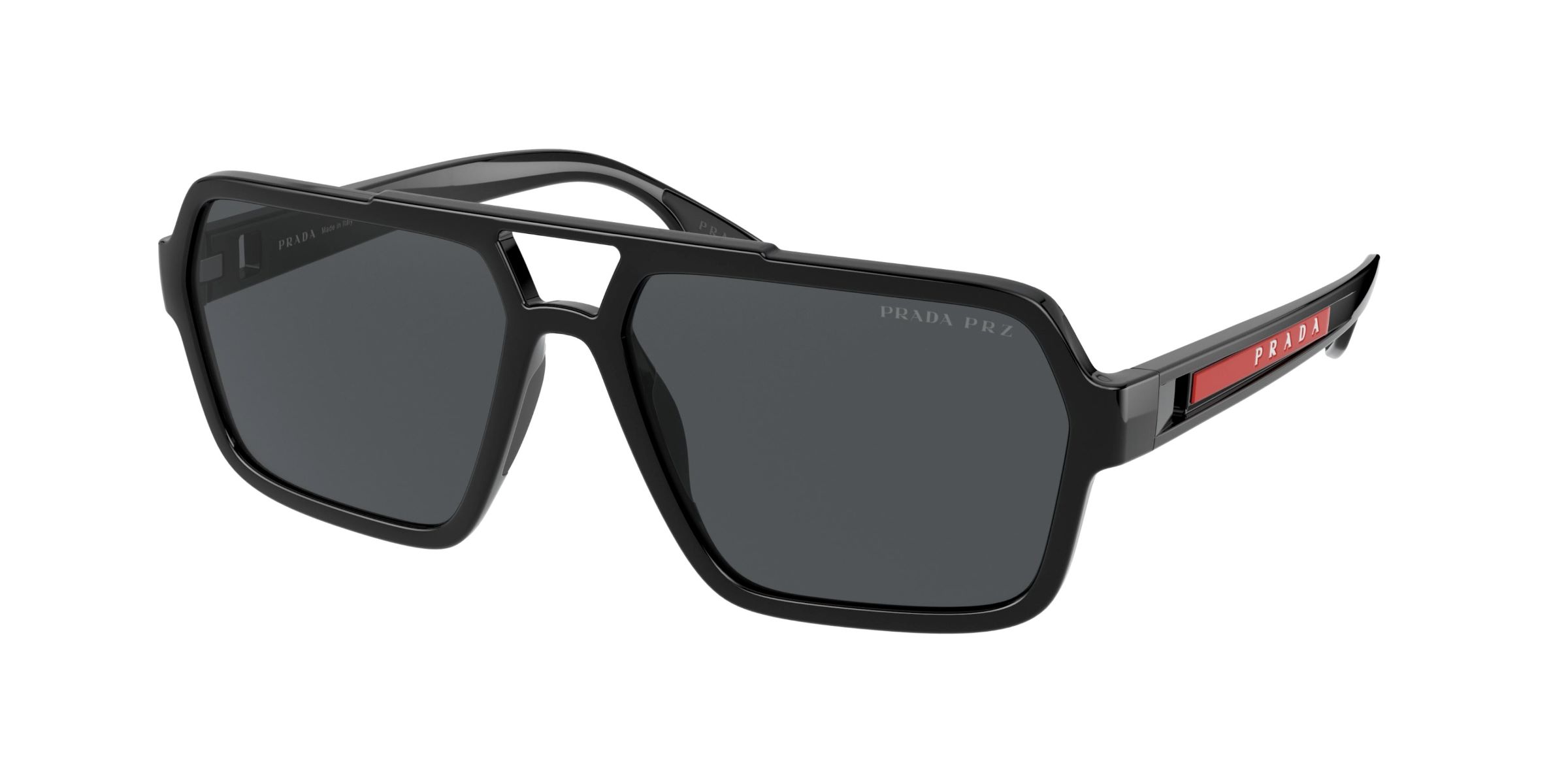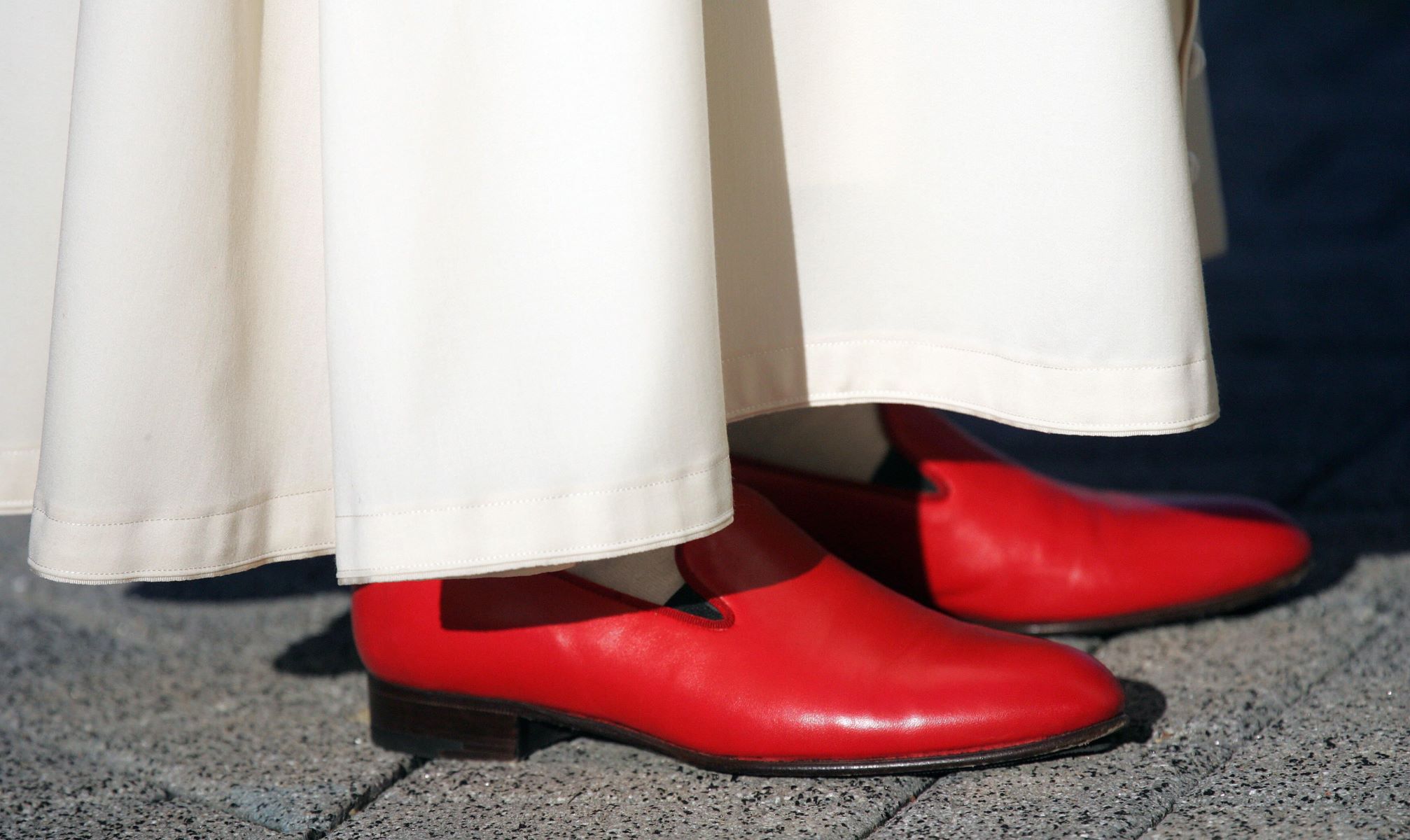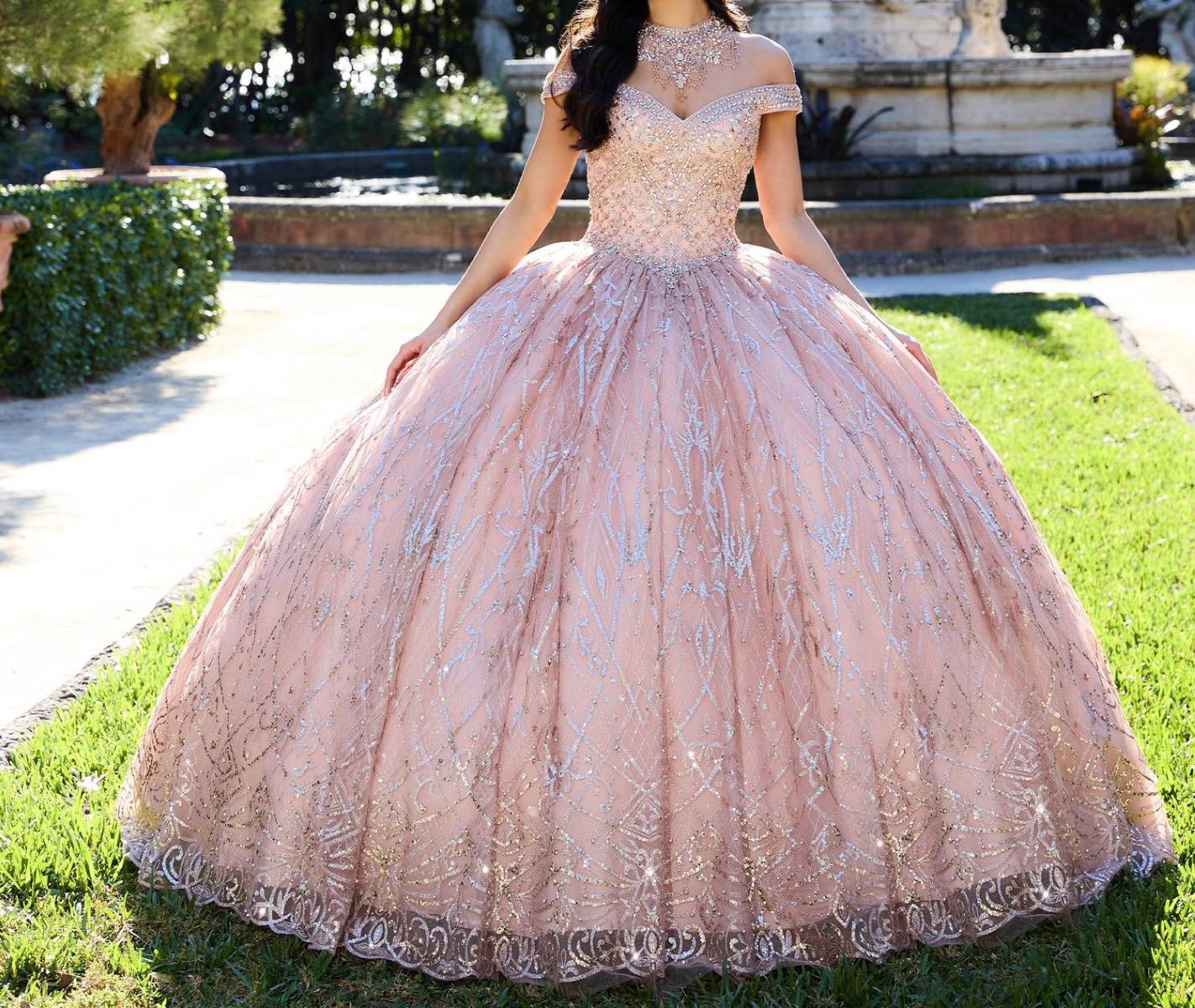Home>Opinion and Editorial>The Shocking Truth: Is It Rude For Blind Individuals To Wear Sunglasses Outdoors?


Opinion and Editorial
The Shocking Truth: Is It Rude For Blind Individuals To Wear Sunglasses Outdoors?
Published: February 16, 2024
Discover the surprising debate on whether it's considered impolite for visually impaired individuals to sport sunglasses outside. Read our compelling opinion and editorial piece.
(Many of the links in this article redirect to a specific reviewed product. Your purchase of these products through affiliate links helps to generate commission for Regretless.com, at no extra cost. Learn more)
Table of Contents
Introduction
Sunglasses are often viewed as a fashion statement, a practical accessory for reducing glare, or a means of shielding the eyes from harmful UV rays. However, for individuals who are blind or visually impaired, sunglasses serve a different purpose altogether. They are not merely a fashion accessory but a tool that aids in managing the challenges posed by their condition.
The use of sunglasses by blind individuals may raise questions and elicit varied reactions from the sighted population. Some may wonder why someone who cannot see would wear sunglasses, while others may assume that it is a fashion choice rather than a necessity. These differing perceptions often lead to misconceptions and misunderstandings surrounding the use of sunglasses by blind individuals.
In this article, we will delve into the multifaceted nature of sunglasses for blind individuals, exploring the purpose they serve, the perception of sunglasses on blind people, and the ongoing debate regarding whether it is considered rude for blind individuals to wear sunglasses outdoors. By shedding light on this topic, we aim to foster a deeper understanding and empathy towards the experiences of individuals living with visual impairments.
Understanding the Purpose of Sunglasses for Blind Individuals
Sunglasses play a crucial role in the lives of individuals who are blind or visually impaired, serving a purpose that extends beyond the conventional notions of eye protection and style. For those living with visual impairments, sunglasses are not merely an accessory but a practical tool that aids in navigating the challenges presented by their condition.
One of the primary functions of sunglasses for blind individuals is to manage light sensitivity, a common issue associated with various visual impairments. Conditions such as retinitis pigmentosa, albinism, and certain forms of glaucoma can result in heightened sensitivity to light, causing discomfort and even pain when exposed to bright sunlight or harsh indoor lighting. By wearing sunglasses, individuals with visual impairments can mitigate these adverse effects, allowing them to engage more comfortably in various environments.
Moreover, sunglasses serve as a means of reducing glare, which can be particularly problematic for individuals with low vision. Glare from reflective surfaces, such as water, snow, or polished floors, can exacerbate visual discomfort and impede orientation and mobility. By wearing sunglasses, individuals with visual impairments can minimize glare, enhancing their ability to move about with greater ease and confidence.
In addition to managing light sensitivity and glare, sunglasses also contribute to privacy and social comfort for blind individuals. In social settings, maintaining eye contact is a common social cue that signifies engagement and attentiveness. However, for those with visual impairments, maintaining direct eye contact may be challenging or even impossible. Wearing sunglasses can alleviate the unease associated with this inability, allowing individuals to participate in social interactions without feeling self-conscious about their eye movements.
Furthermore, the use of sunglasses can serve as a signaling mechanism, indicating to others that an individual has a visual impairment. This can prompt greater awareness and consideration from the sighted population, leading to more accommodating and inclusive interactions. Additionally, by signaling their visual impairment through the use of sunglasses, individuals may also experience increased assistance and support from others in navigating unfamiliar or challenging environments.
Overall, the purpose of sunglasses for blind individuals extends far beyond the conventional functions associated with eyewear. They serve as a practical aid in managing light sensitivity and glare, promoting social comfort, and signaling the presence of a visual impairment. By understanding the multifaceted role that sunglasses play in the lives of individuals with visual impairments, we can cultivate greater empathy and appreciation for the unique challenges they face on a daily basis.
The Perception of Sunglasses on Blind People
The perception of sunglasses on blind individuals is often influenced by societal norms, preconceived notions, and a lack of understanding regarding the diverse experiences of individuals with visual impairments. When sighted individuals encounter a person who is blind wearing sunglasses, it may evoke curiosity, confusion, or even skepticism. This reaction stems from the conventional association of sunglasses with vision protection and fashion, leading to misconceptions about their purpose when worn by individuals with visual impairments.
For many sighted individuals, the sight of a blind person wearing sunglasses may seem contradictory or perplexing. The common perception of sunglasses as a visual aid or a fashion statement may lead to assumptions that the individual is simply following a trend or making a fashion statement, rather than recognizing the practical function that sunglasses serve for those with visual impairments. This misunderstanding can contribute to misinterpretations and a lack of empathy towards the unique needs and experiences of individuals living with blindness or visual impairment.
Moreover, the perception of sunglasses on blind individuals is influenced by the prevailing societal emphasis on eye contact as a fundamental aspect of communication and social interaction. The inability of blind individuals to make direct eye contact may be perceived as a barrier to engagement, leading to misconceptions about their level of attentiveness or involvement in conversations. The use of sunglasses, which conceals the eyes, can further exacerbate this misinterpretation, potentially leading to assumptions about disinterest or aloofness.
Furthermore, the perception of sunglasses on blind individuals may also be shaped by the prevailing stereotypes and lack of awareness regarding the diverse manifestations of visual impairment. There is a tendency to categorize blindness as a monolithic experience, overlooking the spectrum of visual impairments and the varied adaptations and tools employed by individuals to navigate their surroundings. This limited understanding can contribute to the misperception of sunglasses as an unnecessary or incongruous accessory for those who are blind.
In essence, the perception of sunglasses on blind individuals is deeply intertwined with societal norms, preconceived notions, and a lack of awareness regarding the multifaceted nature of visual impairment. By delving into the complexities of this perception, we can strive to foster greater empathy, dispel misconceptions, and cultivate a more inclusive and understanding attitude towards the diverse experiences of individuals living with visual impairments.
The Debate: Is it Rude for Blind Individuals to Wear Sunglasses Outdoors?
The debate surrounding the propriety of blind individuals wearing sunglasses outdoors has sparked diverse perspectives and contentious discussions. At the crux of this debate lies the clash between societal expectations, perceptions of politeness, and the unique needs of individuals with visual impairments.
Critics of blind individuals wearing sunglasses outdoors often argue that it impedes interpersonal connection and inhibits the establishment of meaningful eye contact. The emphasis on eye contact as a fundamental aspect of communication leads to the perception that the use of sunglasses hinders social engagement, potentially conveying disinterest or aloofness. This perspective underscores the societal norms and expectations that prioritize visual cues in social interactions, often overlooking the diverse ways in which individuals with visual impairments navigate and communicate with the world around them.
On the other hand, proponents of blind individuals wearing sunglasses outdoors advocate for the recognition of the practical and functional role that sunglasses serve for those with visual impairments. They emphasize the importance of managing light sensitivity, reducing glare, and promoting comfort and mobility in various environments. The use of sunglasses as a tool for signaling visual impairment is also underscored, as it can prompt greater awareness and consideration from the sighted population, leading to more inclusive and accommodating interactions.
The debate further delves into the intersection of etiquette, empathy, and the autonomy of individuals with visual impairments. It raises critical questions about the balance between societal norms and the diverse needs of individuals with disabilities. By engaging in this debate, we are compelled to confront our own biases and preconceptions, fostering a deeper understanding of the nuanced challenges faced by individuals living with visual impairments.
Ultimately, the debate surrounding the use of sunglasses by blind individuals outdoors reflects a broader discourse on inclusivity, empathy, and the recognition of diverse experiences. It calls for a shift in perspective, urging us to acknowledge and respect the multifaceted needs of individuals with visual impairments while challenging traditional norms and assumptions. By navigating this debate with sensitivity and open-mindedness, we can strive to create a more inclusive and understanding society that embraces the diverse ways in which individuals interact with the world around them.
The Importance of Respect and Understanding
Respect and understanding are pivotal in shaping a society that embraces diversity and inclusivity. When it comes to the use of sunglasses by blind individuals, these principles take on heightened significance, underscoring the need to acknowledge and accommodate the unique needs and experiences of individuals living with visual impairments.
Respect entails recognizing the autonomy and agency of individuals with visual impairments in choosing the tools and adaptations that best facilitate their engagement with the world. It involves moving beyond preconceived notions and stereotypes, and instead, embracing a mindset that values the diverse ways in which individuals navigate their surroundings. By respecting the choices of blind individuals to wear sunglasses outdoors, we affirm their right to manage light sensitivity, reduce glare, and navigate social interactions with greater comfort and confidence.
Understanding plays a pivotal role in dismantling misconceptions and fostering empathy towards the experiences of individuals with visual impairments. It involves delving into the multifaceted nature of visual impairment, recognizing the diverse manifestations of the condition, and appreciating the adaptive strategies employed by individuals to overcome challenges. By seeking to understand the practical functions of sunglasses for blind individuals, we can cultivate a more empathetic and inclusive attitude, dismantling misconceptions and promoting greater awareness of the diverse needs of individuals with visual impairments.
Moreover, respect and understanding extend beyond individual interactions to encompass broader societal attitudes and structures. They call for the creation of environments that accommodate the diverse needs of individuals with visual impairments, whether through increased accessibility, inclusive design, or the promotion of awareness and education. By fostering respect and understanding at a societal level, we can cultivate a more inclusive and supportive environment that empowers individuals with visual impairments to engage fully and comfortably in various aspects of life.
In essence, the importance of respect and understanding in the context of the use of sunglasses by blind individuals underscores the need to move beyond surface perceptions and embrace a deeper appreciation of the diverse experiences and needs of individuals with visual impairments. By upholding these principles, we can contribute to the creation of a more inclusive and empathetic society that celebrates the unique strengths and perspectives of all its members.
Conclusion
In conclusion, the debate surrounding the use of sunglasses by blind individuals outdoors underscores the complexities of societal perceptions, the diverse needs of individuals with visual impairments, and the imperative of cultivating empathy and understanding. The multifaceted role that sunglasses play in the lives of individuals with visual impairments extends beyond conventional notions of eye protection and fashion, serving as a practical tool for managing light sensitivity, reducing glare, and promoting social comfort and mobility. The perception of sunglasses on blind individuals is often influenced by societal norms, preconceived notions, and a lack of awareness regarding the diverse experiences of visual impairment, leading to misconceptions and misinterpretations. The ongoing debate regarding whether it is considered rude for blind individuals to wear sunglasses outdoors reflects broader discussions on inclusivity, empathy, and the recognition of diverse experiences, prompting us to confront our biases and preconceptions while striving to create a more inclusive and understanding society.
Respect and understanding stand as pivotal pillars in shaping a society that embraces diversity and inclusivity, particularly in the context of the use of sunglasses by blind individuals. By respecting the autonomy of individuals with visual impairments in choosing the tools that best facilitate their engagement with the world, we affirm their right to manage light sensitivity, reduce glare, and navigate social interactions with comfort and confidence. Understanding the multifaceted nature of visual impairment and appreciating the adaptive strategies employed by individuals fosters empathy and dismantles misconceptions, promoting greater awareness of the diverse needs of individuals with visual impairments. Moreover, respect and understanding extend beyond individual interactions to encompass broader societal attitudes and structures, calling for the creation of environments that accommodate the diverse needs of individuals with visual impairments, thereby contributing to a more inclusive and supportive society.
By shedding light on the multifaceted role of sunglasses for blind individuals, challenging misconceptions, and advocating for respect and understanding, we can foster a society that celebrates the unique strengths and perspectives of all its members. Embracing the diverse ways in which individuals with visual impairments interact with the world, we can pave the way for a more inclusive, empathetic, and respectful society that recognizes and accommodates the diverse needs and experiences of all its members.













